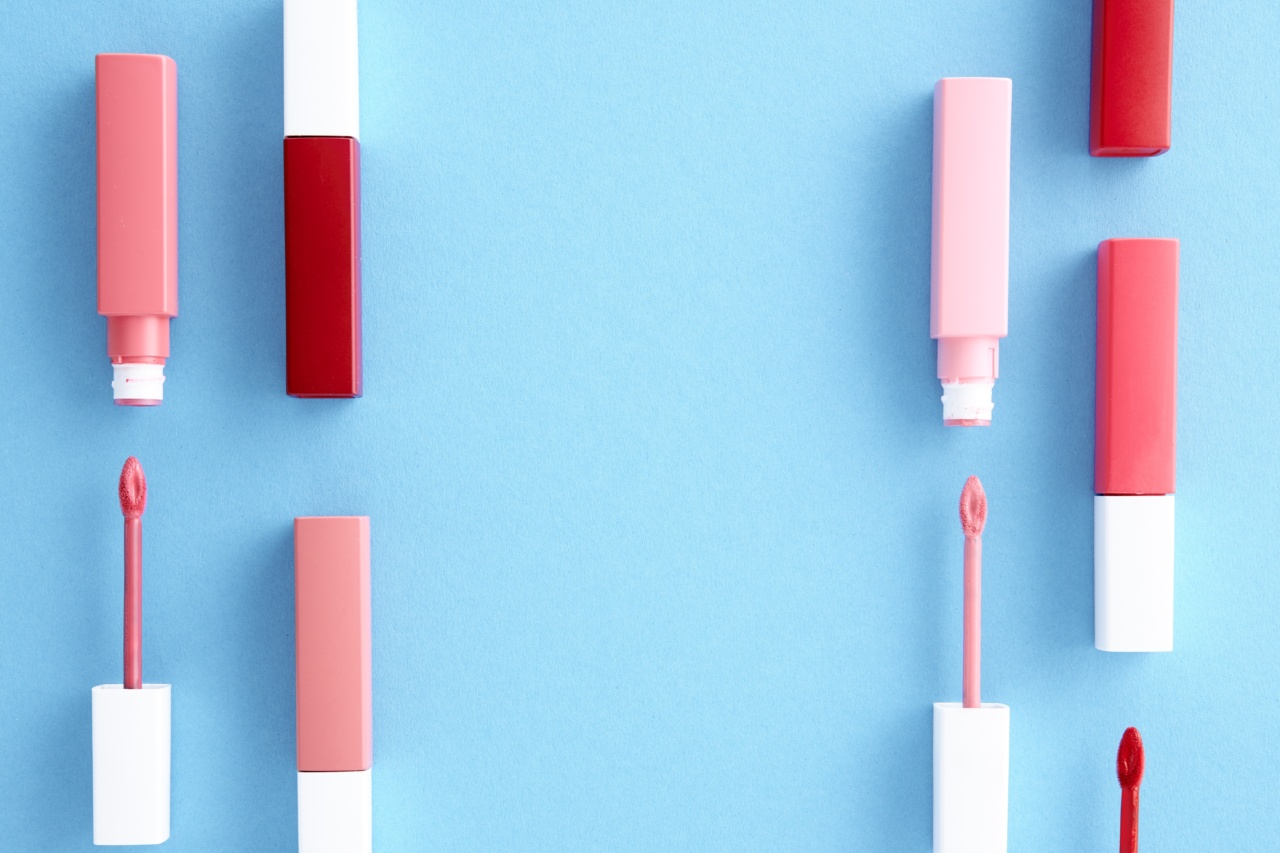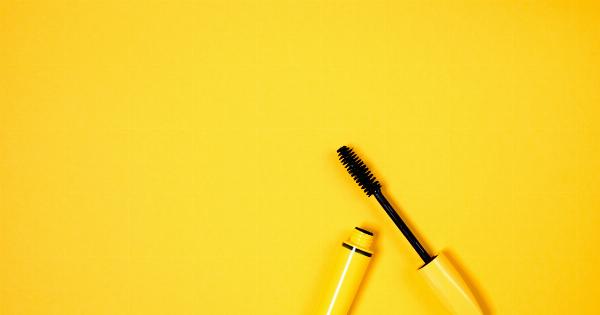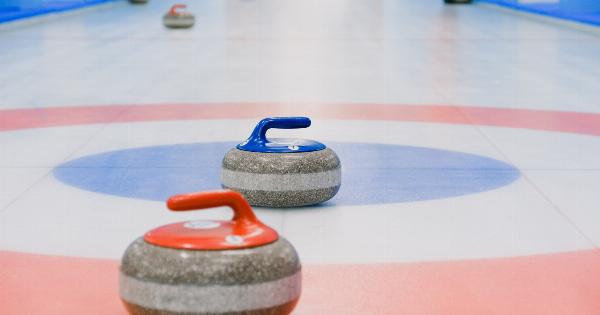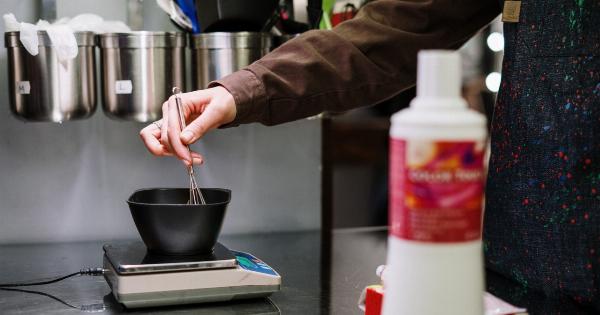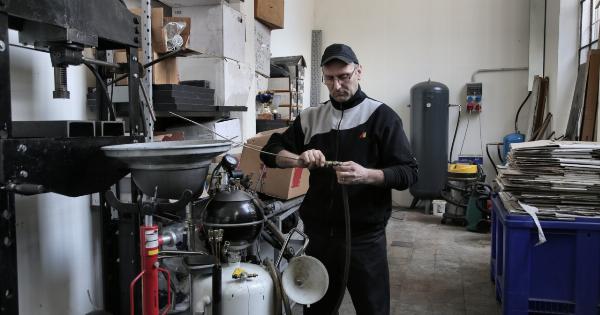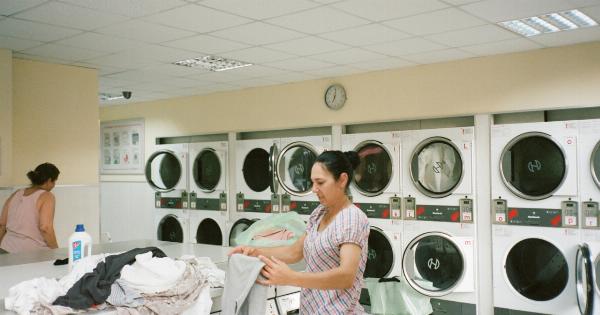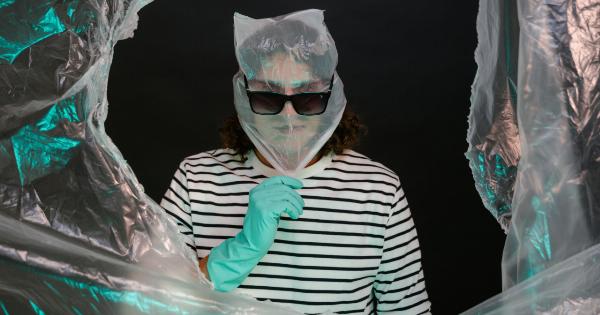Plastic microbeads are tiny pieces of plastic that are commonly used in cosmetics and personal care products such as facial scrubs, body washes, and toothpaste.
They are added to these products to provide exfoliation or to add color, but they are causing significant damage to the environment and wildlife.
Why are plastic microbeads harmful?
Once these microbeads are washed down the drain, they end up in oceans, rivers, and lakes where they are ingested by fish and other marine life.
These tiny plastic particles are not biodegradable, which means they can persist in the environment for hundreds or even thousands of years.
When marine animals consume these particles, they can accumulate in their digestive tracts, causing blockages and other harm.
Plastic microbeads have been found in the stomachs of fish, seabirds, and marine mammals, and have been shown to cause illness and even death in some cases.
US calls for cosmetics recall
In 2015, the United States government passed the Microbead-Free Waters Act, which bans the manufacture and sale of products containing plastic microbeads.
The law was enacted to protect the environment and marine life from the harmful effects of these tiny plastic particles.
The Microbead-Free Waters Act requires that all cosmetics and personal care products sold in the US be free of plastic microbeads by July 1, 2019.
Any products that still contain these harmful particles after that date will be considered adulterated and subject to recall.
What products are affected?
The ban applies to any product that is “intended to be used or introduced into commerce for sale to consumers,” including both rinse-off and leave-on products. This includes products such as:.
- Facial scrubs
- Body washes
- Toothpaste
- Shampoos
- Hair conditioners
- Body lotions
- Deodorants
What are the alternatives?
Fortunately, there are many natural alternatives to plastic microbeads that are safe for both people and the planet. Many cosmetics companies have already switched to these alternatives, which include:.
- Gently exfoliating ingredients such as sugar, salt, or oatmeal
- Fruit enzymes or other natural exfoliants
- Natural abrasives such as apricot kernels or walnut shells
- Biodegradable exfoliating beads made from materials such as jojoba
How can you help?
If you are concerned about the impact of plastic microbeads on the environment, there are several things you can do to help:.
- Read the labels of your cosmetics and personal care products to make sure they are free of plastic microbeads.
- Support companies that use natural alternatives to plastic microbeads.
- Reduce your consumption of single-use plastics in general to help reduce plastic pollution in the environment.
- Spread the word about the harmful effects of plastic microbeads and the need for more sustainable practices in the cosmetics industry.
The bottom line
The United States government has taken action to protect the environment and marine life from the harmful effects of plastic microbeads by enacting a ban on their manufacture and sale.
While this is a step in the right direction, it is up to all of us to do our part to reduce our consumption of plastics and support more sustainable practices in the cosmetics industry.
